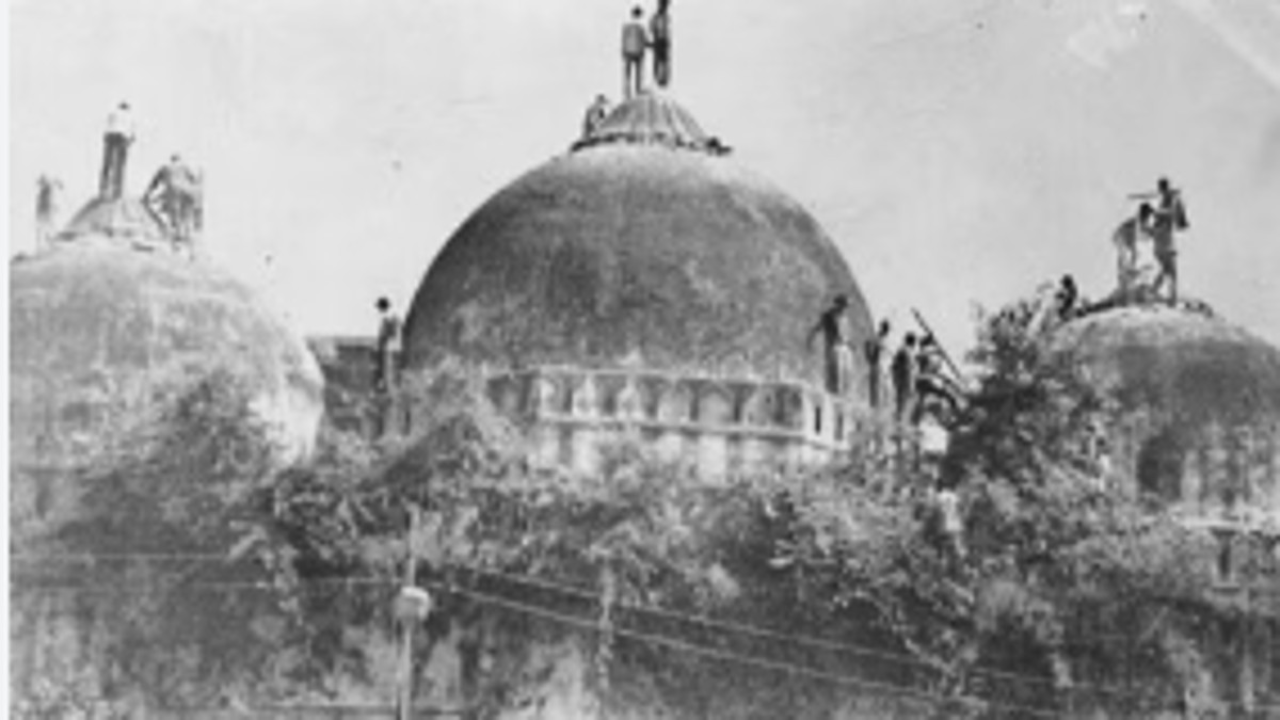The recently revised NCERT Class 12 Political Science textbooks have stirred controversy after significant changes were made to the sections on historical events and geopolitical terms. Among the revisions, the most notable change is the omission of the name “Babri Masjid,” replaced with “a three-dome structure,” in reference to the disputed site in Ayodhya.
Previously, the textbook described Babri Masjid as a 16th-century mosque built by Mughal emperor Babur’s general Mir Baqi. However, the revised version refers to it as a structure built at the site of Shri Ram’s birthplace in 1528, highlighting visible displays of Hindu symbols and relics. The chapter on Ayodhya has also been condensed from four pages to two, with the removal of detailed accounts of events surrounding the mosque’s demolition in December 1992.
Furthermore, the textbooks have updated references to India’s border situation with China. In the chapter “Contemporary World Politics,” the term “military conflict” over the border dispute has been revised to “Chinese aggression on the Indian border.” This change reflects recent geopolitical tensions between the two countries.
Another significant alteration includes the renaming of “Azad Pakistan” to “Pakistan Occupied Jammu and Kashmir” (POJK) in the textbook “Politics in India Since Independence.” The term “Azad Pakistan,” previously used to describe the region, has been replaced to align with India’s stance on the area under Pakistan’s control.
Moreover, the abrogation of Article 370, which granted special status to Jammu and Kashmir, has been addressed in the updated textbooks. The revision now explicitly states that Article 370 was revoked in August 2019 by the President of India, reflecting the constitutional change that removed the region’s autonomy.
These revisions have sparked criticism from various quarters, with concerns raised over historical accuracy and the portrayal of sensitive socio-political issues. Critics argue that the changes reflect a certain narrative and could influence students’ understanding of complex historical events and geopolitical dynamics.
The NCERT textbooks are widely used across schools in India, shaping the curriculum and educational framework. The revisions are expected to impact how these subjects are taught and understood by students, prompting discussions on academic freedom and historical perspectives in education.
The controversy underscores the challenges in curriculum development and the need for balanced representation of historical events and political developments in educational materials.
As debates continue, stakeholders in education and academia are closely watching how these revisions will unfold in classrooms across the country, influencing the next generation’s understanding of India’s history and contemporary political landscape.









